Chapter 6
Groups, Teams, and Teamwork
By Boundless
A team is a group of people who collaborate on related tasks toward a common goal.
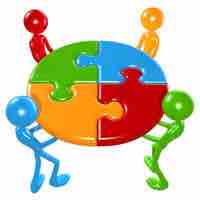
Teamwork involves a set of interdependent activities performed by individuals who collaborate toward a common goal.
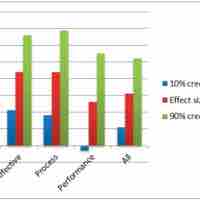
Through combining various employees into strategic groups, a team-based organization can create synergies through team processes.
Depending on its needs and goals, a company can use a project team, a virtual team, or a cross-functional team.
The benefits of teamwork include increased efficiency, the ability to focus different minds on the same problem, and mutual support.
Teams face challenges to effective collaboration and achieving their goals.
All teams are groups of individuals, but not all groups are teams.
A task force is a temporary team created to address a single piece of work, a problem, or a goal.
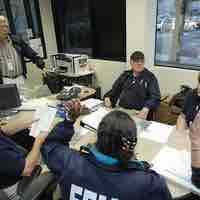
A cross-functional team comprises people from different departments and with special areas of expertise working to achieve a common goal.
A virtual team is a temporary group created to accomplish specific tasks by using technology to collaborate remotely.
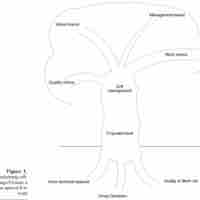
A self-managing team is a group of employees working together who are accountable for all or most aspects of their task.
Periodic performance assessments help a team identify areas for improvement so it can better achieve its goals.

Accountability is the acknowledgment and assumption of responsibility for actions, products, decisions, and policies.
Team size and composition affect team processes and outcomes.
Team building is an approach to helping a team become an effective performing unit.

The Forming–Storming–Norming–Performing model of group development was first proposed by Bruce Tuckman in 1965.

Social norms are shared beliefs about how people should behave that influence team performance.
A group is in a state of cohesion when its members possess bonds linking them to one another and to the group as a whole.
Team roles define how each member of the group relates to the others and contributes to the team's performance.
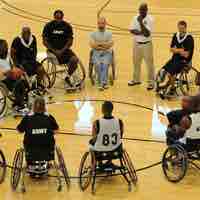
Effective communication is often a key to the successful performance of team tasks.
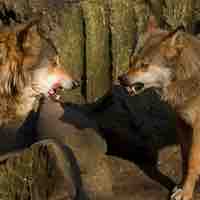
Team conflict is a state of discord between individuals that work together.
Conflict can have damaging or productive effects on the performance of a team.
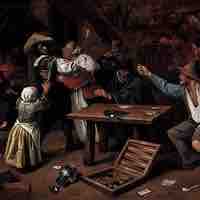
Team conflict is caused by factors related to individual behavior as well as disagreements about the team's work.
Teams can use conflict as a strategy for enhancing performance.
Some ways of dealing with conflict seek resolution; others aim to minimize negative effects on the team.